












|
The Bible - A Brief Overview
For those who may not be particularly familiar with the
Bible, or who just want a summary, I've included the
following very brief overview, which I hope will be
helpful, and maybe encourage you to find out more for
yourself...

The Bible as we know it today is actually a collection
of books, now treated as a single volume, the Holy
Bible, and considered by many to be divinely
inspired. The name 'Bible' is derived from Latin
'biblia' ('books'), itself from 'Byblos', a city of
ancient Phoenicia, which exported papyrus on which text
was written by scribes.
The so-called Old Testament is a large compilation of the sacred
Jewish texts, including the five books
traditionally attributed to Moses, as well as many other
books of histories, prophecies, psalms and proverbs.
Originally, these were written in Hebrew,
with a few passages in Aramaic.
The Old Testament consists of 39 books, in the following
order: Genesis, Exodus, Leviticus, Numbers,
Deuteronomy, Joshua, Judges, Ruth, 1 Samuel, 2 Samuel, 1
Kings, 2 Kings, 1 Chronicles, 2 Chronicles, Ezra,
Nehemiah, Esther, Job, Psalms, Proverbs, Ecclesiastes,
Song of Songs (aka Song of Solomon), Isaiah,
Jeremiah, Lamentations, Ezekiel, Daniel, Hosea, Joel,
Amos, Obadiah, Jonah, Micah, Nahum, Habakkuk, Zephaniah,
Haggai, Zechariah, and Malachi.
Below are brief summaries of a few of these:
Genesis - This is appropriately an
account of the beginnings of the
universe, of life, of humankind, of the Jewish peoples,
of sin, etc. It describes the foundation of the Twelve
Tribes
of Israel.
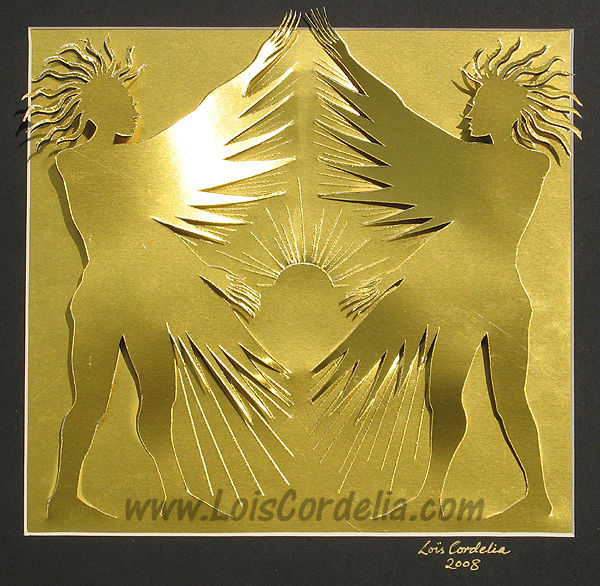
Exodus - 'Exodus' relates the story of
God's miraculous deliverance of his people Israel from
bondage in Egypt, and the presentation of the Ten
Commandments to Moses on Mount Sinai. Moses then
led the Israelites across the desert for forty years. He
pointed the way towards the Promised Land of Canaan,
though poignantly never reached it himself.
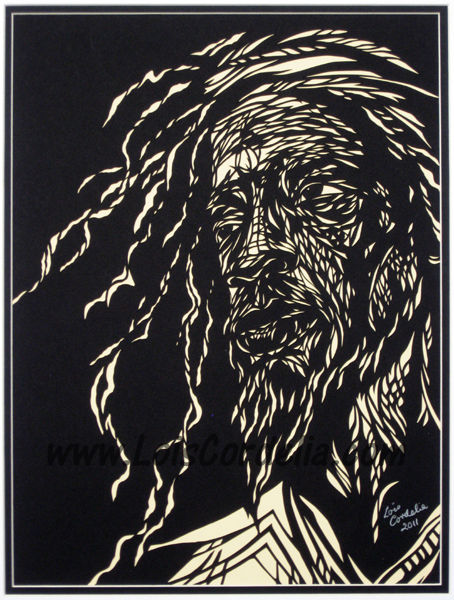
Judges - Having recently settled in the
Promised Land, the Israelites still encountered much
hostility from neighbouring tribes, such as the
Philistines, who would sometimes also lead God's chosen
people astray. God sent leaders or 'judges' to help them.

Books
of Samuel -
The prophet Samuel was chosen to appoint Israel's first
two kings, Saul and David.

Books
of Kings and Chronicles - These volumes continue the account of
Israel's history from the foundation of its monarchy,
describing the reigns of numerous rulers, the building of
the Temple by Solomon,
the emergence of important prophets such as Elijah,
and finally also the fall of Jerusalem
to the Babylonian empire.
Psalms - The Psalms were written in the
form of Hebrew poetry, and include many
well-known sacred songs and prayers.
Proverbs - These are wise sayings,
in concise format - the original Words of Wisdom.
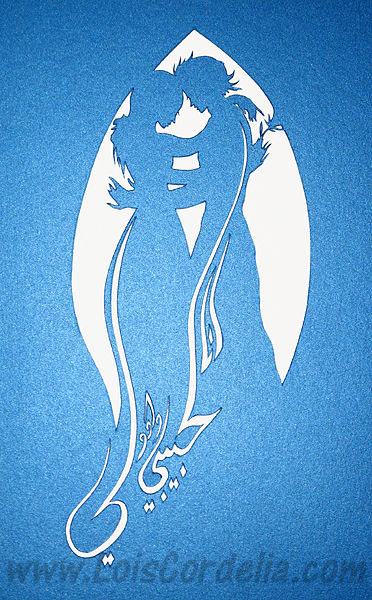
Song
of Songs -
This is a song or poem about the joy of love
and youth.

Isaiah - The book of Isaiah contains
numerous well-known prophecies. Isaiah warns the people
of God's impending judgement, but after
the fall of Jerusalem, the message is also one of comfort
and hope of deliverance from Babylon.
Daniel - Daniel and three of his
friends were exiles in Babylon, but
refused to give up their Jewish faith. This book contains
many well-known stories, including those of Daniel
in the lions' den, Shadrach, Meshach and
Abednego, Belshazzar's Feast,
and the ominous writing on the wall.
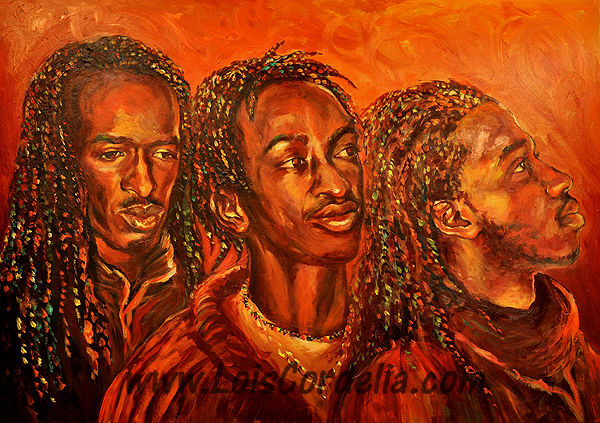
Jonah
- Everyone
knows the story of Jonah and the whale.
Jonah was a reluctant prophet chosen to warn the people
of Nineveh of God's intentions to punish
the city.
The so-called New Testament consists of narratives and
letters written since the time of Jesus Christ
here on the earth. These scriptures were originally
written in Greek.
The New Testament consists of the following books:
Matthew, Mark, Luke, John, Acts (of the Apostles),
Romans, 1 Corinthians, 2 Corinthians, Galatians,
Ephesians, Philippians, Colossians, 1 Thessalonians, 2
Thessalonians, 1 Timothy, 2 Timothy, Titus, Philemon,
Hebrews, James, 1 Peter, 2 Peter, 1 John, 2 John, 3 John,
Jude, and Revelation.
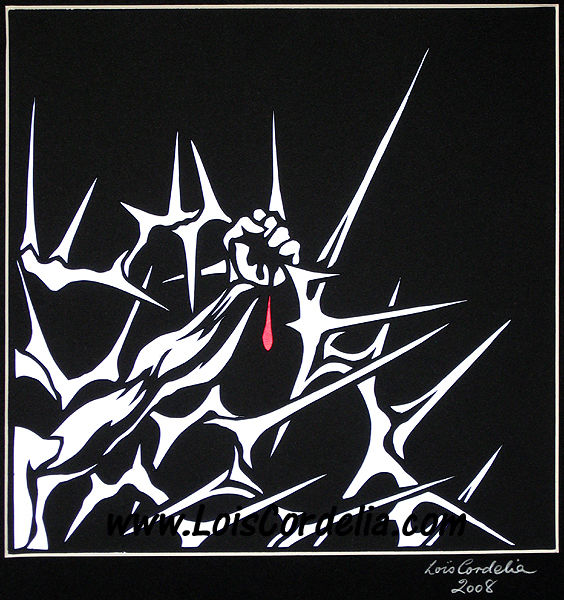
The
Gospels
- The first four books of the New Testament are the
Gospels of Matthew, Mark, Luke and John,
apostles of Christ. These describe the birth, upbringing
and ministry of Jesus, including many accounts of miracles
he performed, and many sayings and words attributed to
him. Finally, they also detail the events leading up to
his crucifixion, death, and resurrection.
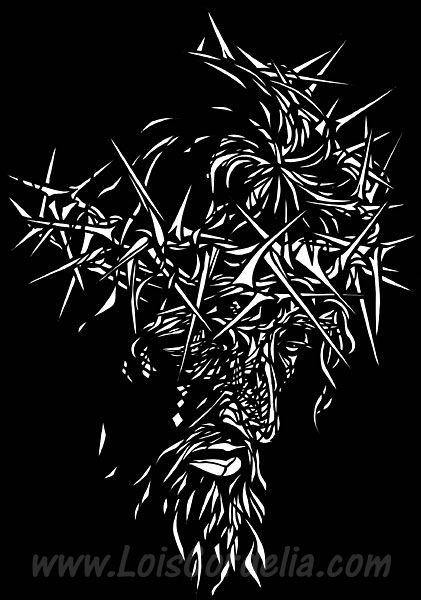
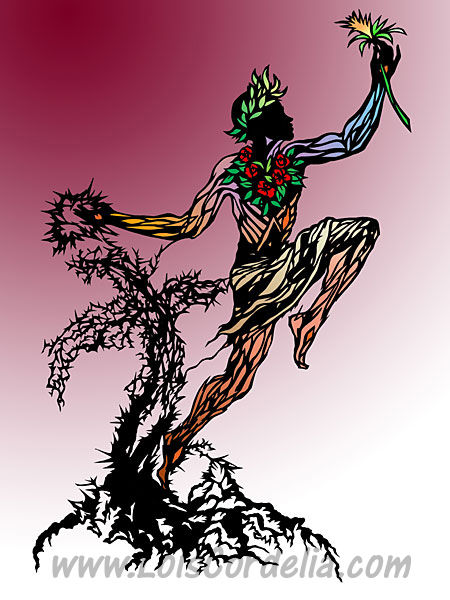
Acts - This book is a sequel to
Luke's Gospel, and describes the struggles and
achievements of the early Christian church.
It includes many famous stories, such as the coming of
the Holy Spirit at Pentecost,
the stoning of Stephen, and the
miraculous conversion of Saul (later
known as Paul) on the road to Damascus.
The
letters of St Paul - Paul wrote many letters or epistles to
the early Christians and churches, encouraging
and instructing them in the faith. The
following letters are attributed to Paul: Romans, 1
Corinthians, 2 Corinthians, Galatians, Ephesians,
Philippians, Colossians, 1 Thessalonians, 2
Thessalonians, 1 Timothy, 2 Timothy, Titus, and Philemon.
The
three letters of John - The main emphasis in John's letters is
on true Christian love.
Revelation - This is another letter written
by John (who may be the same John as the author of John's
Gospel and of 1, 2 and 3 John), to seven churches. The
book is full of descriptions of visions
of Melchizedek and Jesus in his glory,
of angels, of the heavenly
Jerusalem, of the infamous Beast,
and of the whore Babylon. The overall
message is that evil will ultimately be destroyed.

Besides the Old and New Testaments, there are numerous
other scriptures, which are recognised by some churches
and not by others. These are generally grouped together
as the so-called Apocrypha (from the Greek, meaning 'secret'),
including the following fifteen books (which are
sometimes inserted among the books of the Old Testament):
1 Esdras, 2 Esdras, Tobit, Judith, Additions to Esther,
Wisdom of Solomon, Ecclesiasticus, Baruch, Letter of
Jeremiah, Prayer of Azariah and the Song of the Three
Young Men, Susanna, Bel and the Dragon, Prayer of
Manasseh, 1 Maccabees, and 2 Maccabees. Additionally,
some Rastafarians recognise other texts as Scripture,
including the Holy
Piby, The
Promised Key,
and the Kebra
Nagast.
|

